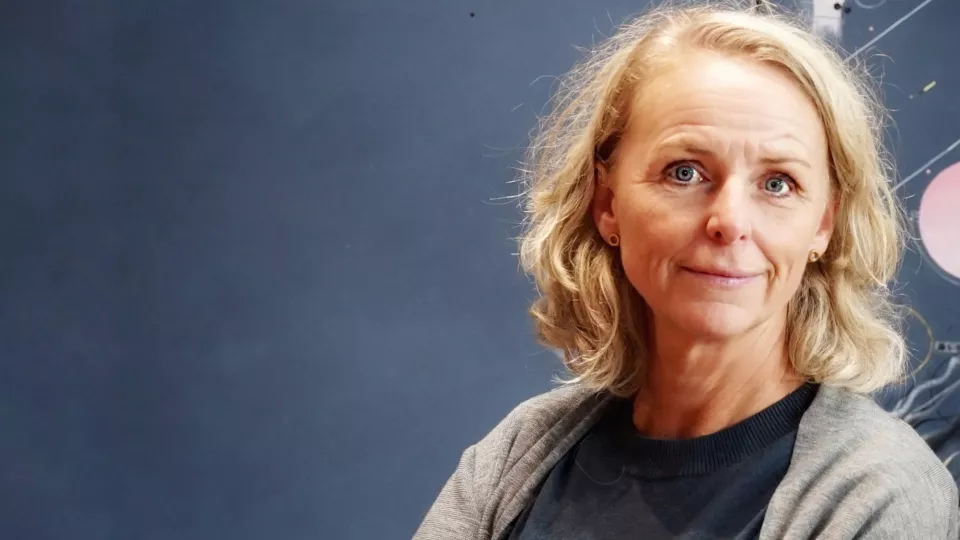For the first time in the University's history, there is now a common strategy for education. It aims to guide everyone who works with education at Lund University.
The strategy contains the three key words innovative, digital and sustainable, just like the platform for strategy work. The idea is that it will be used by faculties, departments and the University Administration in the work of prioritising education and support activities.
What does the new strategy mean for our faculty and how does it affect our teaching? Maria Björkqvist, Vice Dean for Education at the Faculty, explains.
Why have universities developed a strategy for education?
"The short answer is that it was about time! The Iniversity, with its breadth, in a challenging time, makes it extra important to have a consensus on a direction for our work. It has been a stimulating work in the Board of Education to develop this strategy".
What does this new, and first, strategy mean for the faculty?
"We can see this strategy as a signpost and as a source of inspiration, a way of relating to the university as a whole".
In what way does the strategy affect our teaching?
"Our work and our own pedagogical action plan are well integrated into this university strategy. To name a couple of examples, we work with digitization in education through our work with QPS, attractive learning environments are also a topic highly important to us with our new house.""
"Pedagogical skills development is highlighted in the strategy and work is underway on pedagogical qualifications at university level, which is gratifying – we will be able to benefit from this work. Lifelong learning is part of the strategy, and we are now seeing this in the form of our investment in freestanding courses, which are a pleasing reflection of many parts of our faculty's activities."


